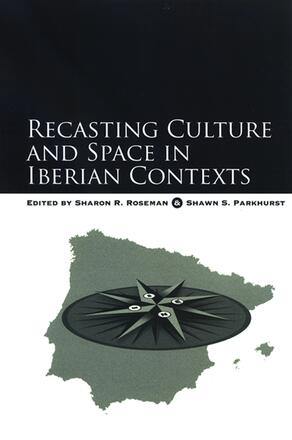
Recasting Culture and Space in Iberian Contexts
Anthropological case studies of the interplay of space, culture, and power in Iberia since 1850.
Description
Focusing on the interplay of space, culture, and power in Iberia since 1850, this collection of case studies demonstrates how questions about social identities and power are also questions about mapping, texts, and concrete spaces. The late nineteenth and twentieth centuries are marked by a drive toward grandiose ideological conceptualizations that affected the production of ideas about modern geographical space. The contributors examine the links between this historical context and the emergence of specific intellectual traditions, as well as everyday discourses and practices. They also explore the making of conflicted spaces in Portugal and Spain, and in foreign sites impacted by Iberian-origin exile or colonial settlement. The essays compel readers to consider exactly how people's political identifications have been forged through cultural struggles over the uses and meanings of physical spaces, whether these are in Barcelona, Bilbao, villages in the Alto Douro of Portugal or in Galician Spain, Malacca, the countryside near Ávila (the "City of the Saints"), or Catalans' wartime London.
Sharon R. Roseman is Associate Professor of Anthropology at Memorial University of Newfoundland and coeditor (with Ellen Badone) of Intersecting Journeys: The Anthropology of Pilgrimage and Tourism. Shawn S. Parkhurst is Assistant Professor of Anthropology and Director of the Portuguese Studies Program at the University of Louisville.
Reviews
"…a nicely balanced book, full of fascinating ethnographic material … For anyone seeking an interesting introduction to the anthropology of Iberia, this book would provide an excellent starting-point." — Journal of the Royal Anthropological Institute
"This overview of current issues of Iberian societies has a very good editorial introduction, comprehensive literature review, and a rich diversity of chapters. It certainly will be very appreciated by readers looking for contemporary information about southern Europe. I anticipate that it will be used in courses and will be cited often." — Cristiana Bastos, Universidade de Lisboa